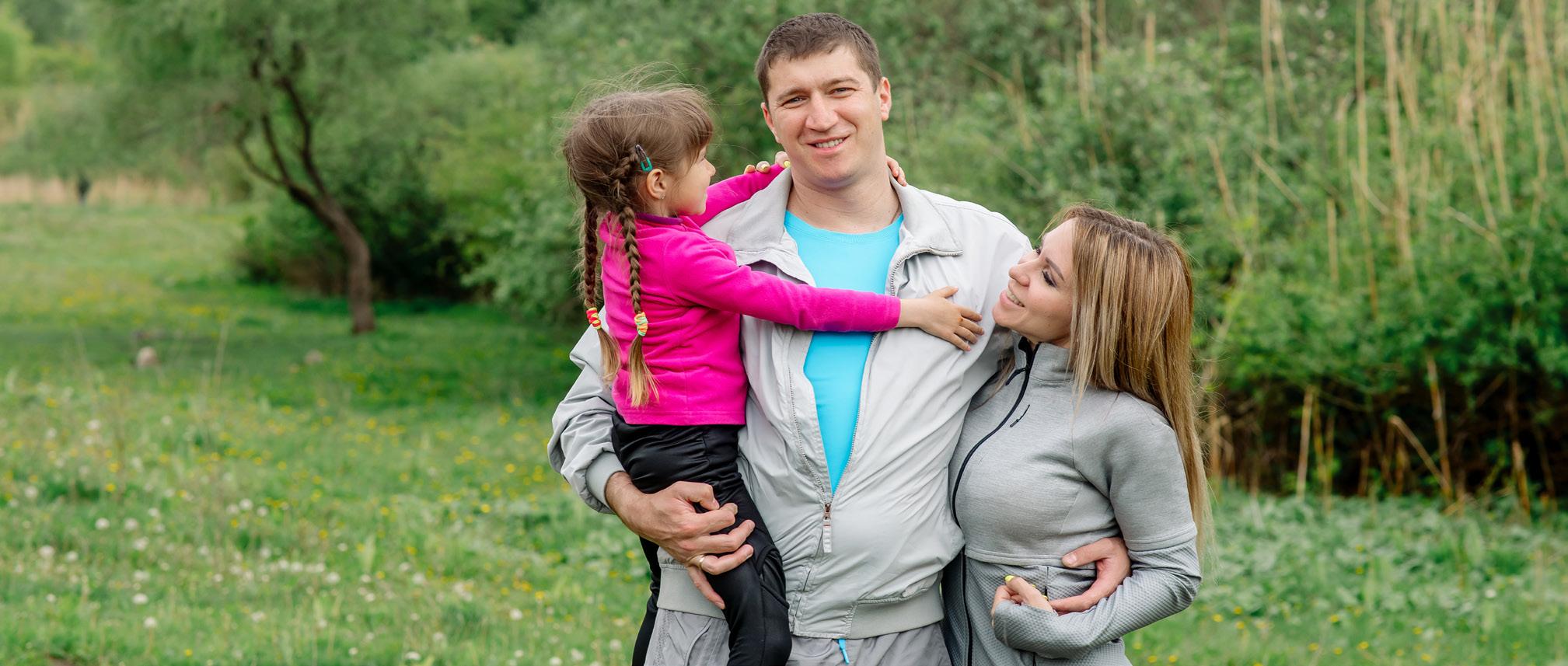
2 minute read
Executive Summary
Our mental health enables us to “achieve a state of well-being in which every individual realises his or her own potential, can cope with the normal stresses of life, can work productively and fruitfully, and is able to make a contribution to her or his community.”1
Approximately 20% of Australians experience mental ill-health. It has been suggested that mental health promotion, prevention and early intervention strategies may produce the greatest positive impact on people’s health and well-being.2
In January 2008, Family Life commenced the Support, Help, Information Networks and Education (SHINE) pilot project in two Southern metropolitan regions of Melbourne. The SHINE program began as an early intervention and prevention program designed to interrupt the progression of emerging and enduring mental illness for children and young people. Since then, SHINE has provided mental health support in universal and community settings through both outreach and school-based activities.
A previous evaluation of the SHINE program identified that the program increased community awareness and understanding of mental health and wellbeing; improved children’s mental health and wellbeing; family relationships and communication; and children and caregivers learned valuable skills and strategies to support their mental health and wellbeing.3 These findings are supported by this current report. In addition, the present findings suggest that the program also supports children and young people to be engaged in their community (e.g. school); seek additional support if needed; and assists children and young people to develop self-awareness and selfesteem.
By using a mixed methods approach to capture the voice of the children, young people, caregivers and practitioners involved in this program, this report demonstrates our journey in supporting families during the last five years. In summary: • The SHINE program is a unique service filling a significant gap in the area of children’s and young people’s mental health, supporting clients who do not qualify for more clinical mental health services: 76% of our clients would not qualify for another service due to their age. • The key vulnerabilities experienced by clients include poor mental health and limited emotional support, relationship concerns, poor self-esteem and self-worth, difficulty at school; problems with boundaries and behaviour; and the impact of experiences of family violence. • The quality of service provision is informed by theory related to trauma, cultural awareness and ecological systems theory. Key successful elements include: assertive outreach, trustworthy mentor/ role modelling, non-clinical and friendly approach, capacity to understand and connect with the children, whole-of-family approach, relevant resources, and a culturally appropriate service. The program is testament to the rapidly growing body of research highlighting the necessity of intervening early in life, and early in the life of the problem. This is paramount due to the current worldwide impacts of Coronavirus, where modelling suggests that there may be a 25% increase in suicides, and it is likely that about 30% of those will be among young people.4





